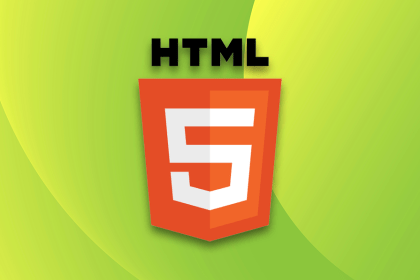
Tracking metrics like user retention provides a way to measure the impact of your work on the growth and success of digital products.

This post provides an overview of the iframe tag’s best features, shows you how to use them, and how to secure them against vulnerabilities.

Use Vitest to write tests with practical examples and strategies, covering setting up workflows, mocking, and advanced testing techniques.

The job of the product is to get that first win to establish trust and then create a loop with nudges for further engagement.

Customer behavior analysis (CBA) is the study of how individual customers, groups, or segments act when interacting with your product.

Compare the Rust and Zig programming languages based on their performance and use cases for improving how developers code.

Magika offers extremely accurate file type identification, using deep learning to address the limitations of traditional methods.

All the metrics, data, and analysis you made will make a difference, but success isn’t always directly proportional to the effort you put in.

Build a responsive, mobile-first menu with pure HTML and CSS, and no JavaScript, and explore advanced customizations using CSS variables and more.

Unistyles and Tamagui both help address the challenges of creating consistent and responsive styles across different devices.

Customer sentiment is about understanding the customer. It delves into why customers behave the way they do and what matters to them.

Review a variety of methods for styling React components, including inline styling, using styled-components, CSS Modules, and more.